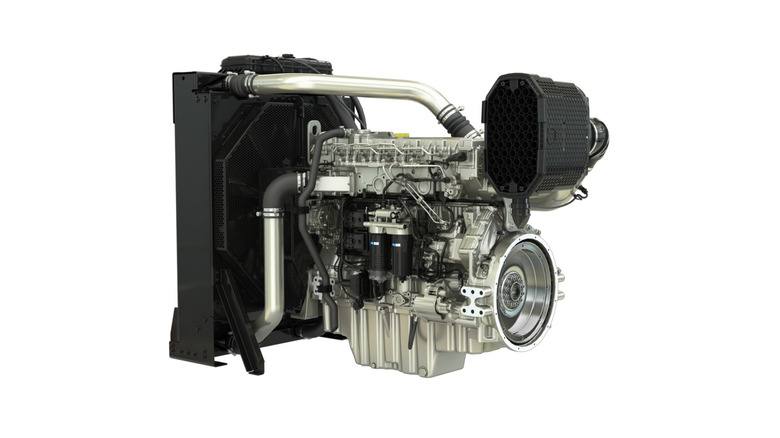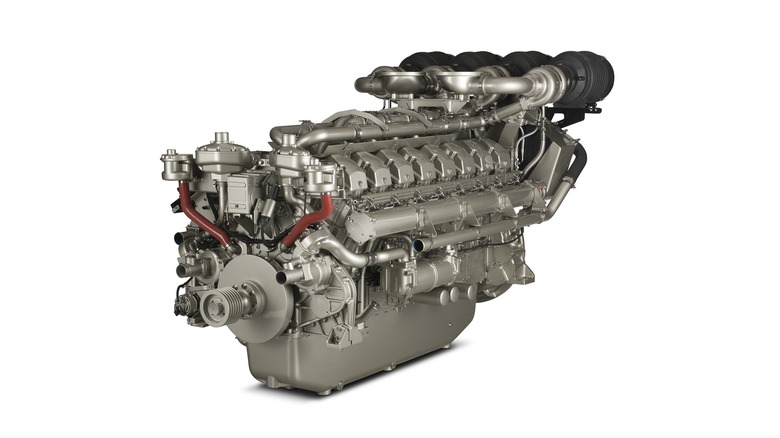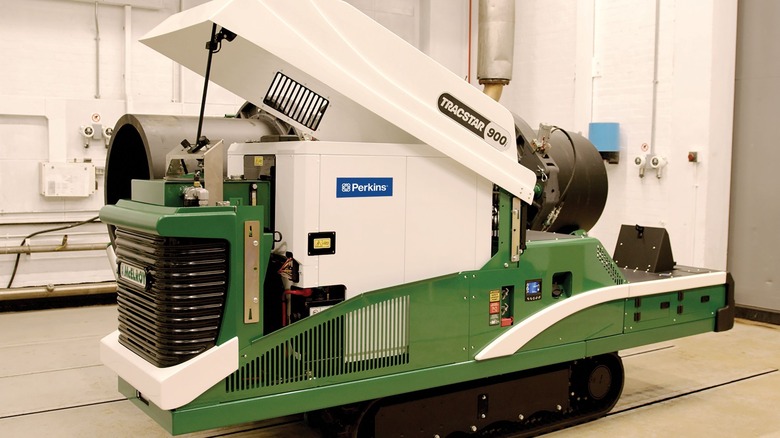Does Perkins Still Make Diesel Engines?
Since its founding in 1932, Perkins has been a major force in the diesel engine industry, powering everything from generators and marine vessels to tractors and excavators, and even some classic diesel cars. However, it's reasonable to wonder if Perkins still produces diesel engines in this day and age of rapidly electrifying vehicles and evolving emissions standards.
To give a brief summary, Perkins is still very much present and involved in the diesel business. Perkins, which was purchased by Caterpillar Inc. in 1998, still produces a variety of diesel engines for multiple different applications, including construction, industry, agriculture, power generation, and marine. Perkins has an impressive lineup of engines in its current catalog, ranging in displacement from 0.5 liters to 36 liters, with power outputs fluctuating from as low as 11 horsepower up to 800 horsepower.
Instead of reducing their production, Perkins has shifted their focus towards improving its existing diesel technology to satisfy the ever-changing emissions standards, especially those flagged in the E.U. Stage V and U.S. Tier 4 Final regulations. Perkins has demonstrated its commitment to diesel through ongoing investment in research and development to improve fuel efficiency, reliability, and durability, qualities that the brand has been supported and loved for over the years. This should solidify the company's production of high-quality diesel engines in the years to come, even as electrification and alternative fuels become more popular.
Perkins diesel engines have adapted rather than disappeared
Though Perkins is not a household name for the typical consumer, the brand still has great weight for those in agriculture, marine power systems, and power generation. Part of that longevity is related to Perkins's modernization of its diesel engine fleet instead of abandonment of it. Their more recent powertrains, which aim at reducing emissions while maintaining performance, incorporate innovations in advanced electronic control modules (ECMs), better fuel injection systems, and aftertreatment technologies like diesel particulate filters (DPFs) and selective catalytic reduction (SCR).
Perkins has also embraced the digital age with tools like the "Perkins My Engine App" and remote monitoring systems that allow owners to track engine performance and maintenance schedules. These products combine traditional mechanical dependability with modern data-driven support to fit consumer expectations of today. It truly shows how relevant the company has remained without compromising its diesel heritage.
Even with the growing push towards electrification — especially in urban settings and light-duty machinery — diesel is still absolutely essential in uses where power, efficiency, and fuel availability are critical. Perkins says the brand supports 5 million active engines worldwide through its global network of distributors and service centers, and that their engines are now used in more than 5,000 different applications.
Looking Ahead: Perkins and the future of diesel
As other manufacturers lean completely into battery-electric and hybrid propulsion, Perkins is charting a balanced path. According to the company's 90th anniversary statement, it remains committed to powering industrial growth with both diesel and next-gen power solutions like hybrids, alternative fuels, and battery electric. Some of Perkins's latest line of engines, like the 2600 Series, have been designed to provide high performance, all while meeting worldwide emissions criteria through its modular architecture to remain flexible for future changes. This approach clearly shows the brand's dedication and investment for the future.
For Perkins, investing in low-carbon fuel sources is an absolute essential. Perkins engines allow consumers to lower their carbon footprint without replacing whole fleets by being increasingly compatible with biodiesel and hydrotreated vegetable oil (HVO).
Although headlines mostly feature full electrification, diesel is still undeniably vital to the functioning of many industries. Perkins is not only keeping its presence known, but also actively improving these industries for the long run. This is so that diesel will have a significant influence in the future in a shifting energy scene where emissions laws are changing the industry.


